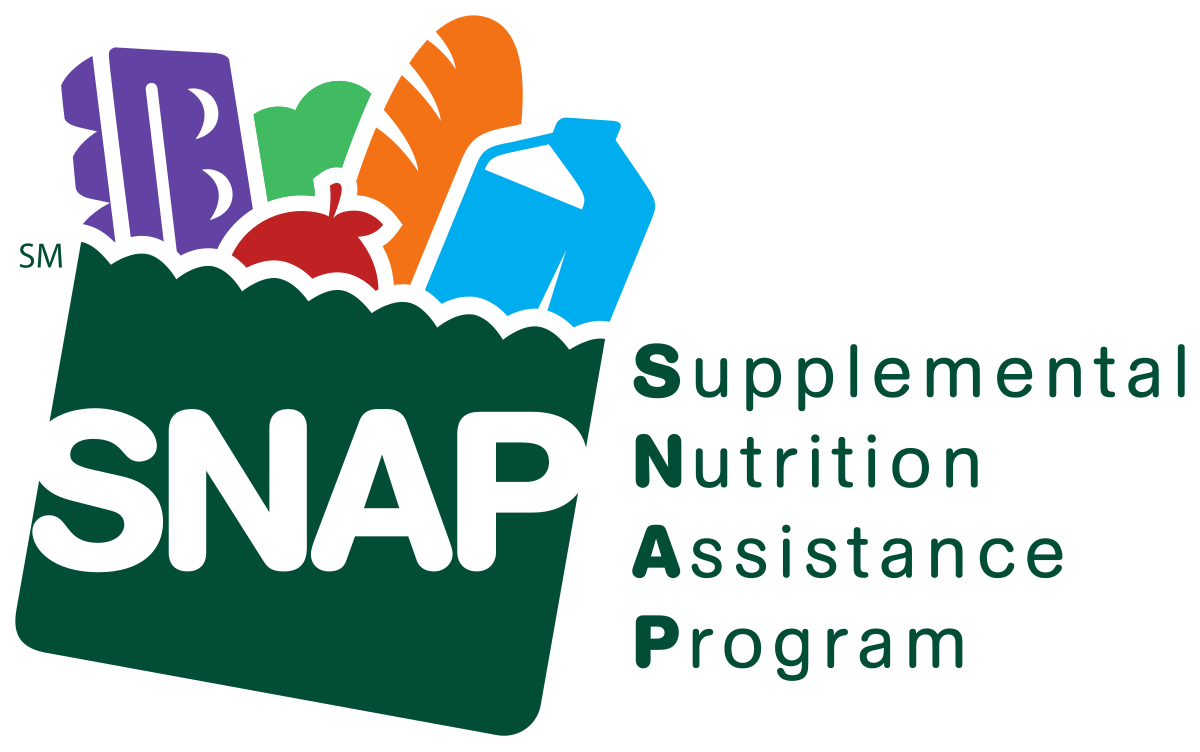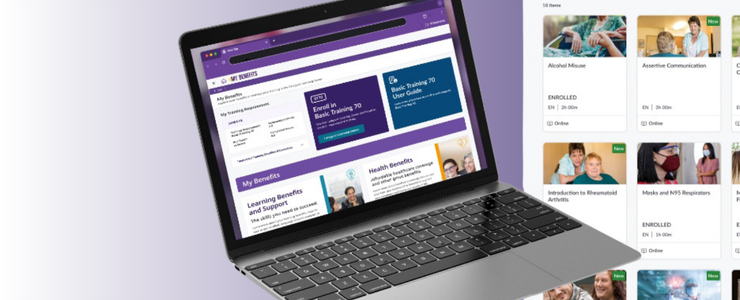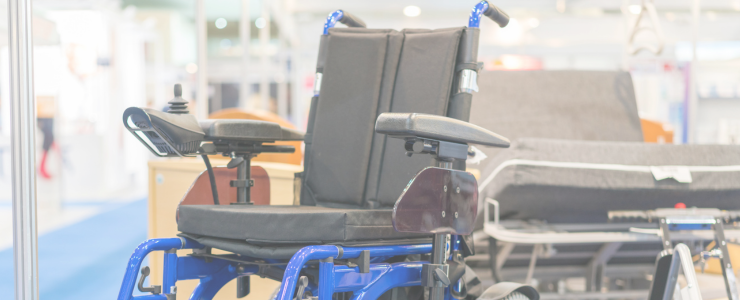< All News & Announcements







.png)



.png)





















.png)






.png)






.png)





Informing Families News

Informing Families News
December 10, 2025
Flooding Resources

Informing Families News
October 30, 2025
Impact of Federal Government Shutdown on SNAP* In Washington

Informing Families News
October 24, 2025
Informing Families Fall 2025 Newsletter

Informing Families News
August 28, 2025
Washington Thrive Survey Opportunity
Survey opportunity for community members from Washington Thriving.

Informing Families News
August 1, 2025
Welcome to the New Informing Families Website!
The new Informing Families website is here, with a fresh design and easier ways to find helpful information.

Informing Families News
June 26, 2025
Community Summit Recap
Informing Families and The Washington State Developmental Disabilities Council Community Summit Session Summaries

Informing Families News
June 24, 2025
Informing Families Summer Newsletter 2025
The 2025 Informing Families Summer Newsletter is here! This most recent publication features an introduction to Wise’s new program, REACH, as well as summer activities, travel and transportation programs, and more.

Informing Families News
June 18, 2025
Medicaid Matters: How to Take Action & Stay Informed
The Washington State Developmental Disabilities Council, The Arc of Washington State and Self Advocates in Leadership (SAIL) have created a campaign to help people understand and participate in potential changes coming to their Medicaid services.
.png)
Informing Families News
June 13, 2025
Welcome to our new Informing Families Coordinator!
Informing Families is excited to announce our new coordinator, April Paccerelli! We are looking forward to community members connecting with April in Ferry, Stevens, Lincoln, and Pend Oreille counties. Please join us in giving a warm welcome to April!

Informing Families News
May 7, 2025
Informing Families Spring Newsletter
The 2025 Informing Families Spring Newsletter is here! In this edition, we feature insights from long-time coordinator Debbie Chapman, explore resources from Washington State Parks, highlight Community Inclusion services, and much more!

Informing Families News
May 6, 2025
Community Inclusion Services
Community Inclusion is an individualized service that provides supports to individuals with I/DD to build meaningful relationships, be active participants in their community, and connect with others who have similar interests and hobbies.

Informing Families News
May 6, 2025
Individual Providers and Continuing Education Opportunity
Individual Providers without a Continuing Education requirement are now able to take courses online.
.png)
Informing Families News
April 24, 2025
Mental Health and Crisis Resources for Youth
Crisis services are available to youth in Washington state. A young person you care about might need help right away. They may be feeling overwhelmed or at risk of harming themselves or others. This is a mental health crisis and requires immediate attention. Support and resources are available to youth regardless of income or insurance status.

Informing Families News
April 2, 2025
SSA Application Process and Identity Verification
SSA has reduced its staff by 7,000 employees, with more layoffs to be expected. This will likely lead to longer wait times for services and a delay in process benefit applications. Below is information regarding policies for identification verification through the application as well as tips to navigate the application process.

Informing Families News
March 24, 2025
College Resources for Individuals with I/DD
Washington State offers a variety of programs and resources to help individuals with disabilities succeed in post-secondary education. These programs provide unique opportunities for academic growth, career development, and life skills.

Informing Families News
March 4, 2025
We’re Here All Year: DD Awareness Month
March is Developmental Disabilities Awareness Month! Every year, the National Association of Councils on Developmental Disabilities (NACDD) and its partners collaborate to lead Developmental Disabilities Awareness Month (DDAM).

Informing Families News
February 21, 2025
Language Access Resources
Informing Families is collecting information on groups, organizations, and resources that support individuals with I/DD within diverse multicultural communities across Washington state. Our goal is to compile this information into a comprehensive resource list for the community. Use the following list to learn more about the organizations available to you and your loved ones.

Informing Families News
February 6, 2025
IF Winter Newsletter
The Informing Families 2024/2025 Winter Newsletter is here! In this special edition, we hear from Partners4Housing, Legislative Advocacy, and updates on resources such as LIHEAP, winter safety, and more.

Informing Families News
January 23, 2025
Homeschooling Resources and Information
Homeschooling can offer an individualized approach to education. This allows your student to find the plan that works best for their student’s needs. For families with children with disabilities, homeschooling can provide flexibility, personalized instruction, and a supported learning environment that can help your student succeed.

Informing Families News
January 17, 2025
Service, Therapy, and Emotional Support Animals
Dogs and other animals are great aids and supports to people for a variety of reasons. Service dogs, therapy animals, working dogs, and emotional support animals assist their owners in daily tasks while helping maintain their health and safety. While each of these animals provides critical support, they are not the same, and the terms are not interchangeable. Each role is specifically defined by the tasks performed and the legal protections offered.

Informing Families News
January 3, 2025
Adaptive Winter Recreation
Winter has arrived, bringing with it the perfect opportunity to enjoy seasonal activities like skiing, snowboarding, or even a peaceful nature walk. Across Washington state, programs and facilities are offering adaptive and accessible recreation designed to include individuals with intellectual and developmental disabilities (I/DD) and their families. Keep reading for helpful resources, programs, and tips on how to make the most of these inclusive winter experiences.

Informing Families News
December 5, 2024
Comprehensive Inclusive Education Resources
We continue engaging with families and education system partners to advance meaningful inclusion in our state’s public schools for all students, especially students with intellectual and developmental disabilities. We are excited to share new resources highlighting how we can all collaborate to build inclusiveschools.

Informing Families News
November 5, 2024
Family Resource Groups
Many great groups in Washington state exist for families and caregivers to find support, information, and community.

Informing Families News
November 5, 2024
Moving to Washington State
Services and programs often require the individual to be a resident of Washington state.

Informing Families News
October 8, 2024
DSHS’ DDA Enrollment Criteria
House Bill 2008 was passed in June 2022, requiring the Washington State Department of Social and Health Services Developmental Disabilities Administration to stop using intelligent quotients, better known as IQ, to determine DDA enrollment. Beginning Oct. 7, 2024, they will no longer use IQ to determine enrollment. DDA will rely on diagnosis and adaptive functioning only for enrollment eligibility.

Informing Families News
October 8, 2024
IF Fall Newsletter
The Informing Families Fall Newsletter is here! In this edition, we hear from PROVAIL on Community Inclusion Services, the Special Olympics Washington Unified Schools, the DSHS’ DDA, and more.

Informing Families News
October 8, 2024
Seattle Children’s Psychiatric Urgent Care
Seattle Children’s has opened the first pediatric-focused psychiatric urgent care clinic in Washington to address the ongoing mental health crisis. Now open and serving children and teens ages 4-17, the urgent care clinic offers services including virtual appointments for families experiencing mental or behavioral distress.

Informing Families News
October 3, 2024
School Bus Information
School bus rights for children with disabilities aim to ensure that students with disabilities receive equal access to transportation and educational opportunities.

Informing Families News
September 27, 2024
Core Waivers
The Developmental Disabilities Administration has five Home and Community-Based Service Medicaid Waiver programs. The Core waiver offers a variety of services for individuals of all ages when not available through other resources (private insurance, Medicaid, school, etc.). The Core waiver offers residential options to individuals at immediate risk of out-of-home placement or who have an identified health and welfare need for services that cannot be met by the Basic Plus waiver.

Informing Families News
August 23, 2024
Home Visits | DSHS’ DDA
If you are receiving or planning to receive any DDA-paid services, a case resource manager will conduct a home visit and request to view the living space of your loved one. For instance, they will view your child’s or supported loved one’s bedroom, but not the parent’s or caregiver’s room. These visits will take place in your home.

Informing Families News
August 8, 2024
SSI Changes: Fall 2024
In May of 2024, the Social Security Administration (SSA) finalized three Supplemental Security Income (SSI) rules that aim to reduce the barriers and expand access to SSI.

Informing Families News
July 12, 2024
Disability Pride Month
Throughout July, the Centers for Medicare & Medicaid Services Office of Minority Health celebrates Disability Pride Month and the anniversary of the Americans with Disability Act (ADA).

Informing Families News
July 10, 2024
Informing Families Summer Newsletter 2024
The Informing Families Summer Newsletter has arrived! Check out our latest digital publication to hear from community partners like CARES Seattle, Outdoors for All, and Partners4Housing. Plus, we’ve included a special message from the DSHS Developmental Disabilities Administration about the No-Paid Services Case Load.

Informing Families News
June 24, 2024
Division of Vocational Rehabilitation (DVR)
The Division of Vocational Rehabilitation (DVR) is a statewide resource that assists individuals with disabilities in preparing for, maintaining, and securing employment. DVR partners with organizations and businesses throughout the state to provide employment opportunities.
.png)
Informing Families News
June 24, 2024
Mental Health Resources for You and Your Loved Ones
Mental health varies from person to person and encompasses a wide range of conditions. It has been reported that adults with disabilities experience mental health distress almost five times more frequently than adults without disabilities. As a family member, friend, or professional, it is important to learn the signs and educate yourself about the resources available to those who struggle with mental health issues.

Informing Families News
June 14, 2024
Wildfire Safety Resources
Keep yourself and loved ones safe by preparing now for wildfire smoke: Sharing Information from the DOH

Informing Families News
June 6, 2024
Durable Medical Equipment
Durable Medical Equipment is medical equipment that is used in the home to assist in a better quality of life.

Informing Families News
June 6, 2024
Respite Options (DDA)
Respite is a DDA waiver service, available on the Basic Plus, Children’s Intensive In-Home Behavioral Supports, Individual and Family Services, and Core waivers for individuals not receiving residential habilitation services.

Informing Families News
June 3, 2024
I/DD Service Glossary
Services and resources are available to individuals with intellectual and developmental disabilities through a variety of offices and avenues, but with many names and acronyms, it can be confusing! Here is a glossary guide to some common abbreviations you may hear when looking for services.

Informing Families News
May 24, 2024
Summer Safety Resources
Spring and summer is a time we get to spend with loved ones doing many of our favorite activities outdoors! Swimming, hiking, or just enjoying the nice weather. Remember it is important to stay up to date and educated on summer safety information. This includes signs of dehydration, water/swimming safety, and how to stay cool in the summer heat. Here are some resources to help you and your family stay safe this summer.

Informing Families News
May 17, 2024
Glossary of Terms: CDWA
Are you new to becoming an Individual Provider or a family using CDWA for the first time? There are lots of new words and terms involved!
.png)
Informing Families News
May 6, 2024
Mental Health Awareness
May is Mental Health Awareness Month and the 2024 theme is “Take the Moment.”

Informing Families News
April 3, 2024
Alternative Living Providers
An AL provider supports clients who are 18 or older, living in their own home or a family member’s home. As an AL provider, you will provide support to increase or maintain the individual’s independence in the home and the community. Goals will be created with the individual and the case manager.

Informing Families News
April 2, 2024
Informing Families Spring Newsletter 2024
The 2024 Informing Families Spring Newsletter is here! In this edition, we hear from Margaret-Lee Thompson, a Parent Advocate for Developmental Disabilities. She shares with us about her son, Dan Thompson: his life, work, and lasting impact on the community. In addition, topics include reporting abuse and neglect (a message from the DSHS’ Developmental Disabilities Administration) and summer camp resources.

Informing Families News
April 1, 2024
Companion Homes: 24 Hour Support
Companion homes offer 24-hour support and supervision for one adult in a home. Companion Homes follows the adult foster care model, which includes a room and board agreement between the provider and the individual.

Informing Families News
March 21, 2024
Applying for Social Security (Over 18)
Supplemental Security Income, or SSI, is a monthly payment for people with disabilities with income below a specific amount and limited or no work history. You will receive SSI through the Social Security Administration. Eligibility for financial assistance with supplemental security income (SSI) is a step towards other services, like Medicaid. Here are some steps and resources to begin the process of applying for SSI when you or your loved one are over the age of 18. An initial application refers to individuals applying for SSI benefits for the first time.

Informing Families News
March 19, 2024
March is DD Awareness Month
This month serves as a platform to educate communities about the challenges faced by individuals with intellectual and developmental disabilities, emphasizing the importance of acceptance, understanding and support.

Informing Families News
March 4, 2024
Transportation Services through Apple Health
You or a loved one you care for may be eligible for non-emergency medical transportation through Apple Health. Washington’s Health Care Authority (HCA) covers transportation for eligible clients to and from some health-related services. This can be for events like doctors’ appointments and therapies.
.png)
Informing Families News
February 20, 2024
Welcome the new IF Coordinators!
Informing Families is excited to announce our new coordinators joining our team. We are looking forward to community members getting to connect with these coordinators to continue our journey of supporting individuals and families across the state. Please join us in giving a warm welcome to our new coordinators.

Informing Families News
January 19, 2024
Transition Services: Supports and Guidances
Do you support a high schooler who is preparing for life after school? There are supports and guidance available for students with disabilities. They can help with the “What’s Next?” questions you and your loved one may have.

Informing Families News
January 18, 2024
Applying for Social Security (Under 18)
Before your child or youth, you support turns 18, you can contact the Social Security Administration about disability benefits. Eligibility for financial assistance with supplement security income (SSI) is a step towards other services, like Medicaid. Here are some steps and resources to begin the process of applying for SSI.

Informing Families News
January 18, 2024
Childcare Resources throughout WA State
As a parent or caregiver, it is important to find safe and affordable childcare. It can be overwhelming to find the right childcare provider, but resources are available for you.

Informing Families News
January 9, 2024
Legislative Session Resources for Families
Sandi Gruberg and Michelle Williams, Co-Communication Coordinators, Washington Statewide Parent Coalitions write to families on what to expect this legislative session, the concerns being brought, and ways you can become involved for your family to have the say in the decisions and issues that directly affect you.

Informing Families News
June 28, 2021


